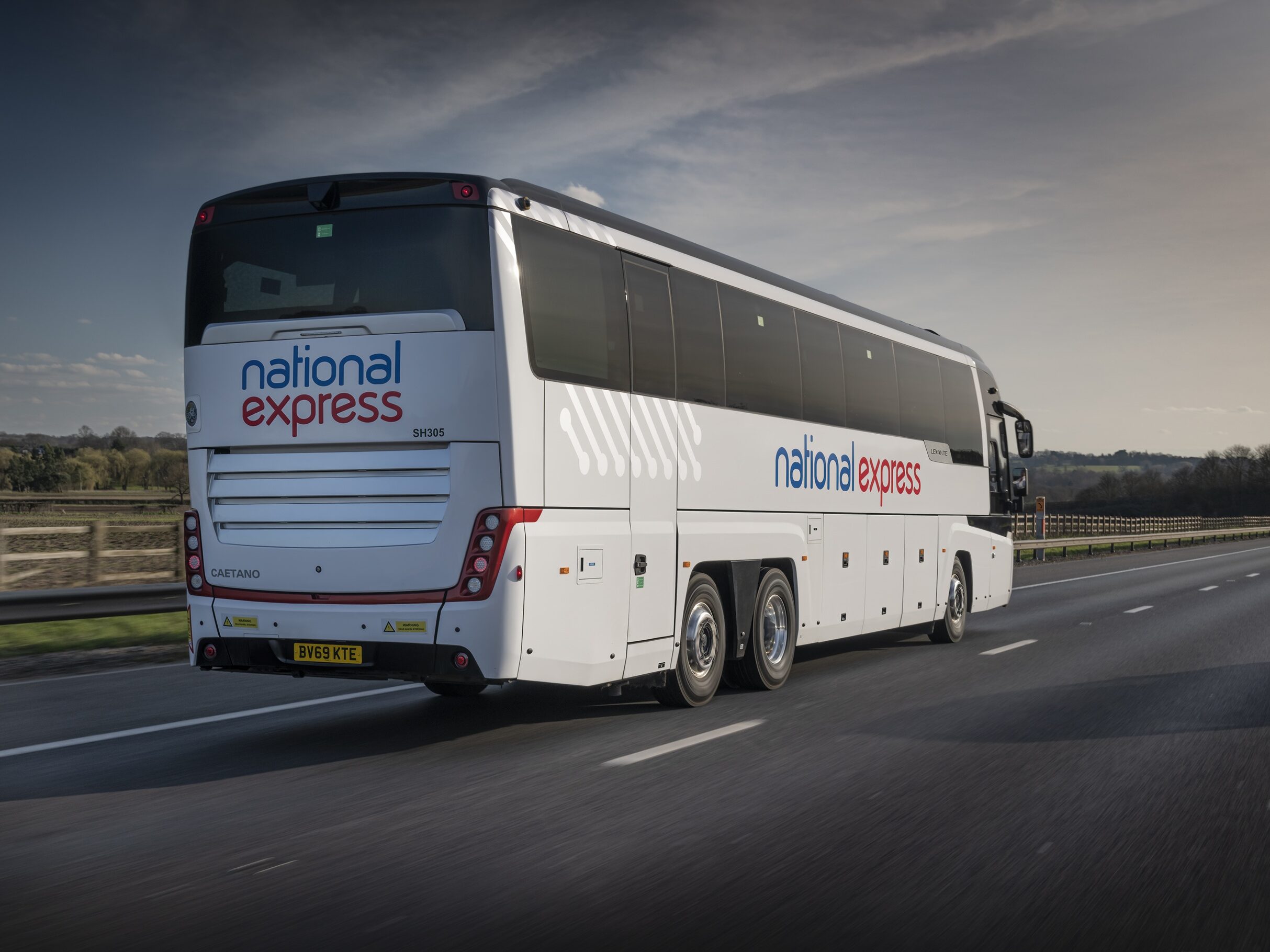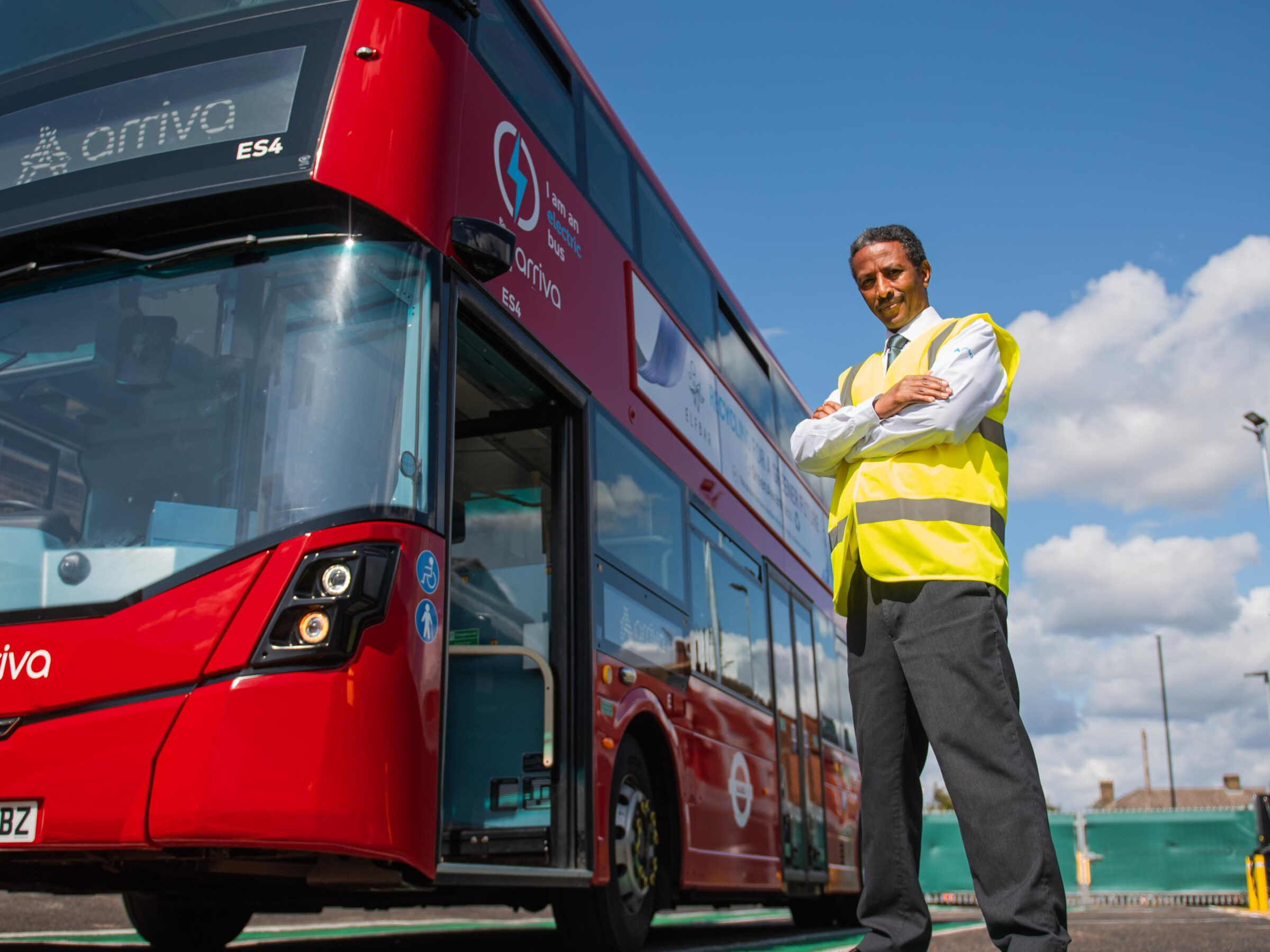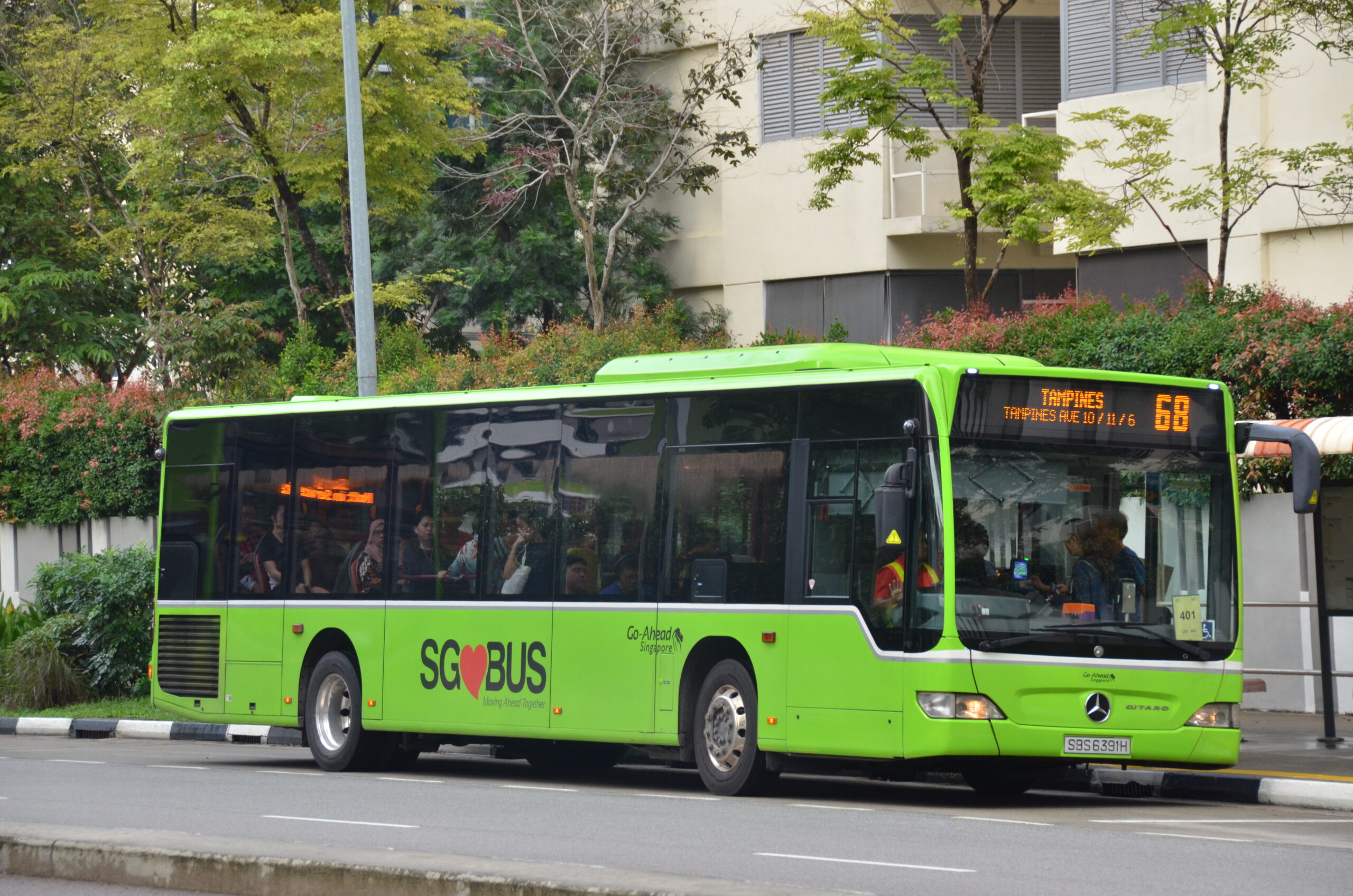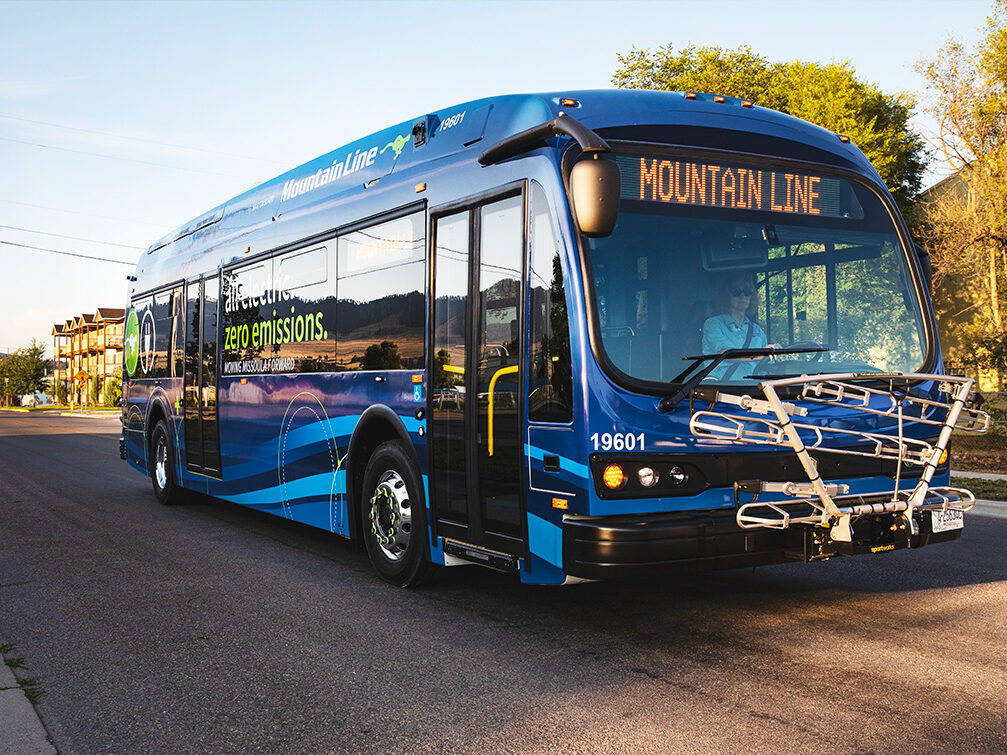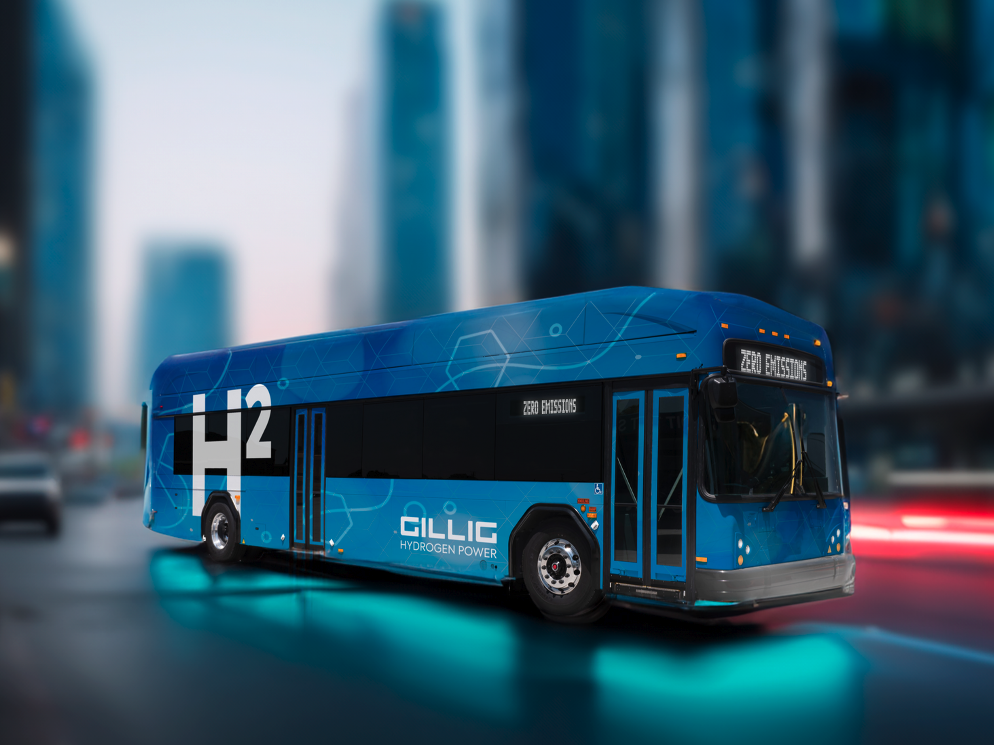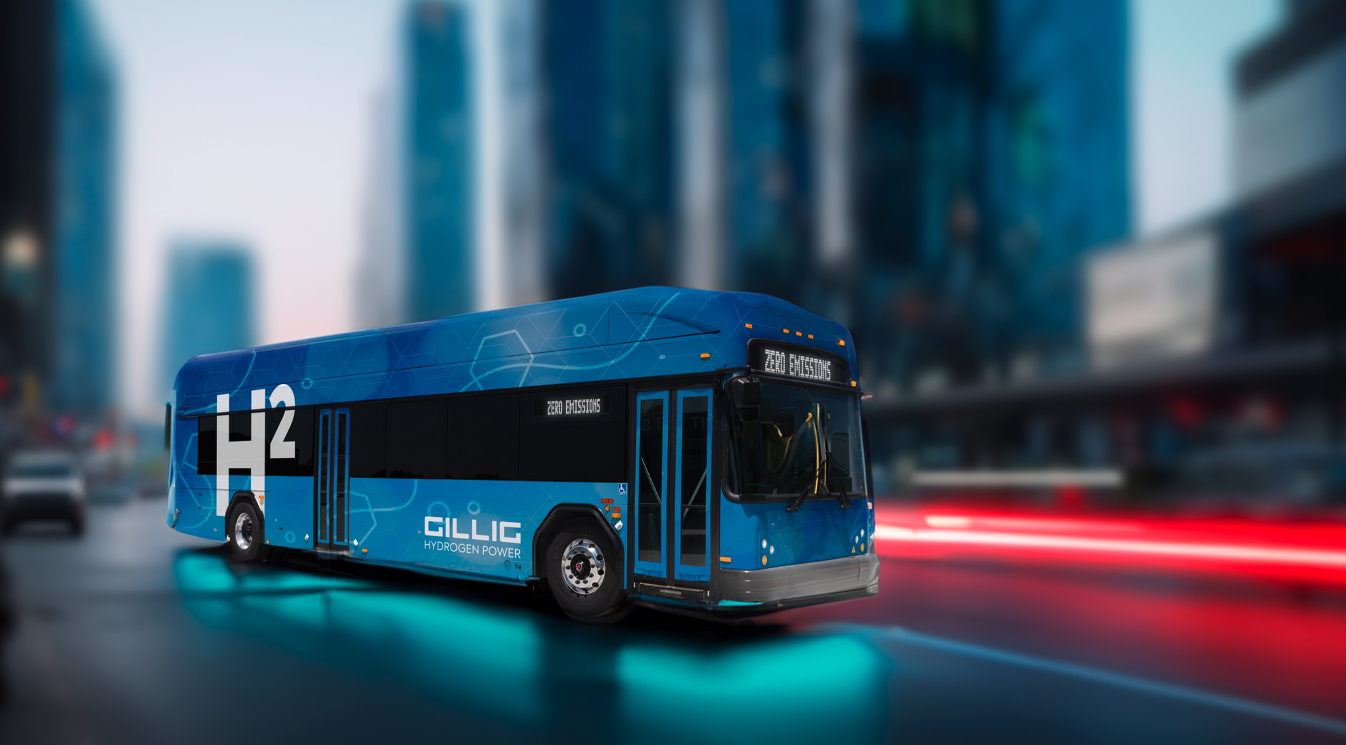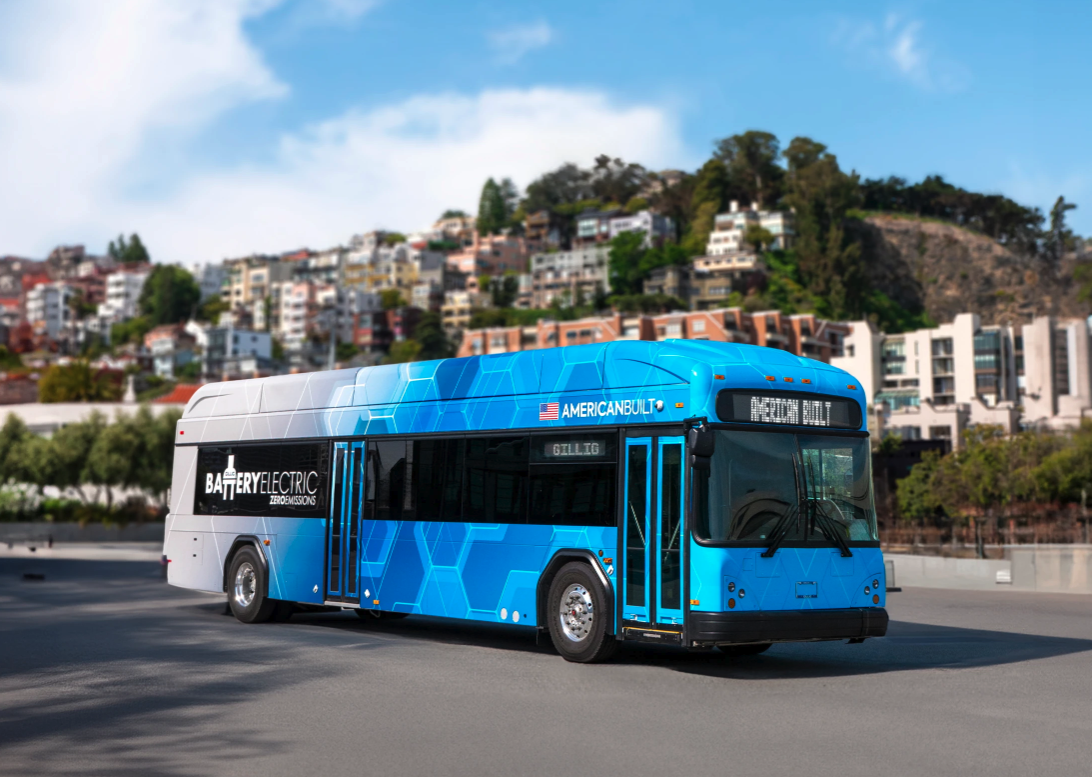Following the delivery of seven new battery-electric vehicles from Gillig in December; The City and Borough of Juneau, Alaska, is set to receive a charging station for its new fleet, located at the Valley Transit Center.
The new buses, two to three of which have seen daily utilisation since January, were ordered to replace a set of 2010 diesel buses, as well as a Proterra electric bus first delivered in 2020 that failed to meet expectations.
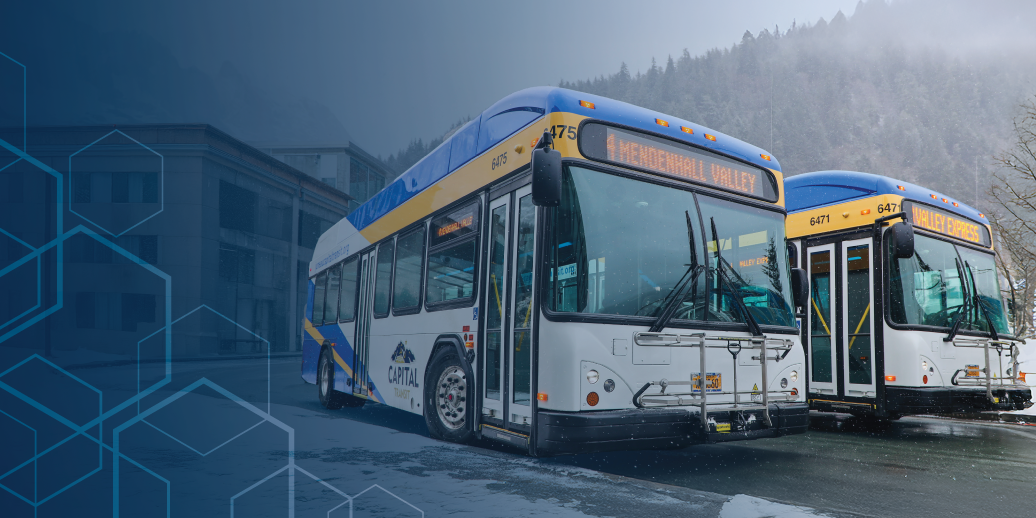
The remaining four vehicles are set to begin operation in June, with Capital Transit stating it is still seeking approval for the sale or disposal of the defective electric bus initially received, which has ‘not moved in two years’.
Rich Ross, Superintendent of Capital Transit, saidIt’s been a far better experience than the electric bus we received in 2020.
These ones have a much higher range, so we haven’t been experiencing any of the range anxiety we had with that first electric bus.
The new battery-electric vehicles run on all routes throughout the area, with charging taking place over the course of six hours at Brentwood Place.
Currently, eleven diesel buses remain active in Capital Transit’s fleet, with four eligible for replacement in 2028 and the remaining seven in 2030.











